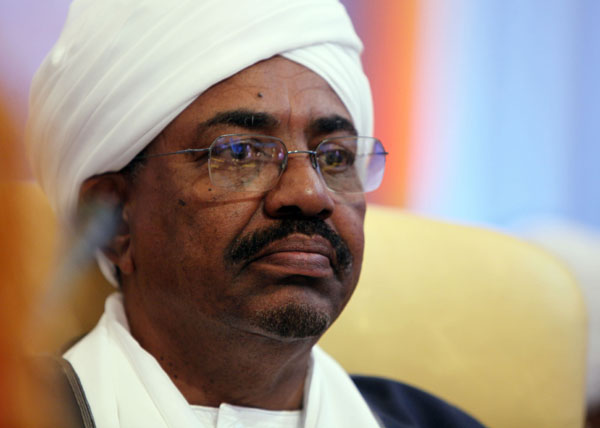
Sudan and South Sudan negotiations resumed Wednesday with meetings in Addis Ababa, Ethiopia, with time closing in on a September 22 deadline by which the mediation panel should submit its final report. In this last round of negotiations, the parties hope to resolve outstanding issues from the separation to secure sustained peace between the two countries.
During the previous round of negotiations, the two parties provisionally agreed to an economic deal that includes the resumption of oil shipments from South Sudan through Sudan. The economic deal, however, is dependent on the implementation of a comprehensive agreement on remaining post-secession issues, including the status of Abyei, border disputes and demarcation, security arrangements along the border, and citizenship—all of which are fundamental to ensuring an end to conflict and establishing long-term stability between the two Sudans.
In a new Enough brief released today, Amanda Hsiao, the Enough Project’s Juba-based field researcher, asserts that this final round of talks hold distinctive dynamics that have the potential to push along negotiations:
A unique window of opportunity exists in this final round of negotiations for Juba and Khartoum to agree on processes to address long-simmering sources of tension along the two countries’ shared border. Since the two parties now have fewer pieces of leverage to negotiate with, sustained and coordinated international pressure will be critical to push Juba and Khartoum toward a comprehensive deal.
The provisional oil deal changes the dynamics between the two sides, Hsiao explains, because it removes the economic motivations for both parties by tentatively securing the size of financial packages each would receive. Therefore, the outcome of the talks will be influenced in part by which country is more in need of the revenue derived from the resumption of oil shipments. “As a result, elements for both parties and the international community could be tempted to move forward with an oil deal and avoid addressing the politically challenging issues of the Abyei and border disputes,” Hsiao writes.
But taking this route will not resolve lingering tensions that are the source of fighting in both Abyei and disputed border areas. Hsiao argues that a comprehensive plan should include, at the minimum, agreement on:
- the centerline for a demilitarized border zone;
- the modalities of a referendum on Abyei, including voter eligibility; and
- a process for resolving border disputes.
Hsiao cites key incentives, such as increased economic revenue from oil shipments and a potential wealth-sharing agreement concerning existing reserves at Diffra, as potential bargaining chips for which the two parties can negotiate.
In conclusion, the Enough Project advocates for international actors to treat September 22,2012 as a hard deadline for all outstanding issues to be resolved or the two parties risk potential consequences.
Read the full report, “Sudan-South Sudan Negotiations: Can They Meet the Deadline?”
Photo: Sudanese President Omar al-Bashir (AP)

